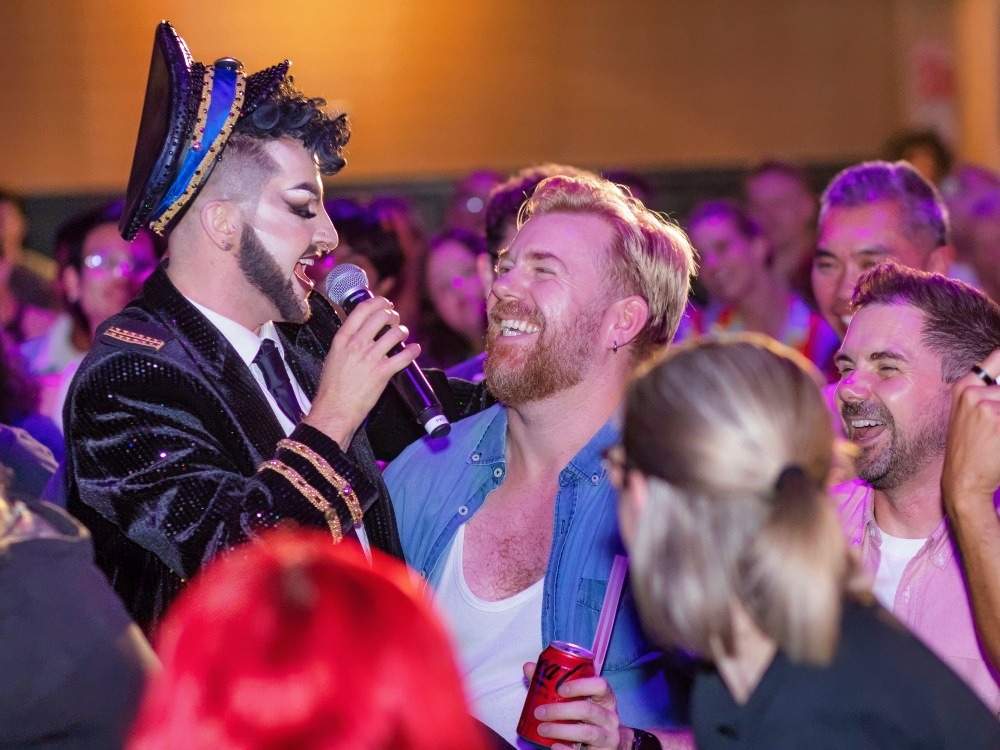A new report by GLAAD has revealed that major social media platforms are not doing enough to protect LGBTQ+ users, and in some cases, recent policy changes are putting them at greater risk.
In its 2024 Social Media Safety Index, the advocacy group assessed six leading platforms—TikTok, YouTube, X (formerly Twitter), Facebook, Instagram, and Threads—using a newly introduced scoring system based on 14 indicators related to safety, privacy, and LGBTQ+ expression. The highest possible score was 100.
No platform scored above 56.
TikTok led the rankings with 56, followed by Facebook and Instagram (both 45), YouTube (41), Threads (40), and X, which landed at the bottom with 30.
“These low scores should terrify anyone who cares about creating safer, more-inclusive online spaces,” said GLAAD President and CEO Sarah Kate Ellis. “At a time when real-world violence and harassment against LGBTQ+ people is on the rise, social media companies are profiting from the flames of hate, instead of ensuring the basic safety of LGBTQ+ users.”
Meta and YouTube Policy Changes Raise Alarm
The report particularly criticised recent policy rollbacks at Meta platforms (Facebook, Instagram, Threads) and YouTube, which it described as “grave threats to safety.” In January, Meta updated its hateful conduct policy, effectively allowing users to call LGBTQ+ individuals “mentally ill” and removed restrictions on denying the existence of LGBTQ+ people.
According to Meta’s revised guidelines:
“We allow allegations of mental illness or abnormality when based on gender or sexual orientation, given political and religious discourse about transgenderism and homosexuality.”
The policy changes also removed bans on terms like “freaks” and “abnormal” when directed at LGBTQ+ people, under the justification of promoting “free expression.”
Meta CEO Mark Zuckerberg defended the revisions, saying they restored users’ rights to free speech.
But GLAAD argues that such policies not only enable harassment—they reinforce broader anti-LGBTQ+ narratives at a time when legal and political attacks against the community are escalating.
X: The Worst Performer
X, owned by Elon Musk, received the lowest score in the index. While it remains one of only two platforms that officially prohibit targeted misgendering and deadnaming, these protections only apply where required by local law and often depend on the person being targeted to report the violation.
The platform does not protect public figures from misgendering and requires self-reporting to initiate any action, a limitation GLAAD strongly criticised.
“X must adopt a comprehensive policy that covers public figures and does not rely solely on the targeted individual to report abuse,” the report stated.
A Call for Action
The report urged all platforms to:
- Restore and enforce policies that protect LGBTQ+ users from harassment and misinformation
- Improve transparency and moderation
- Work with independent researchers
- Reduce content suppression, including shadow-banning and demonetisation of LGBTQ+ content
- Encourage civil discourse and actively counter harmful disinformation
GLAAD’s findings echo widespread concerns among LGBTQ+ advocates who say that while big tech companies claim to support the community, their platforms remain dangerous places for queer people—especially amid rising hate and political hostility offline.


































